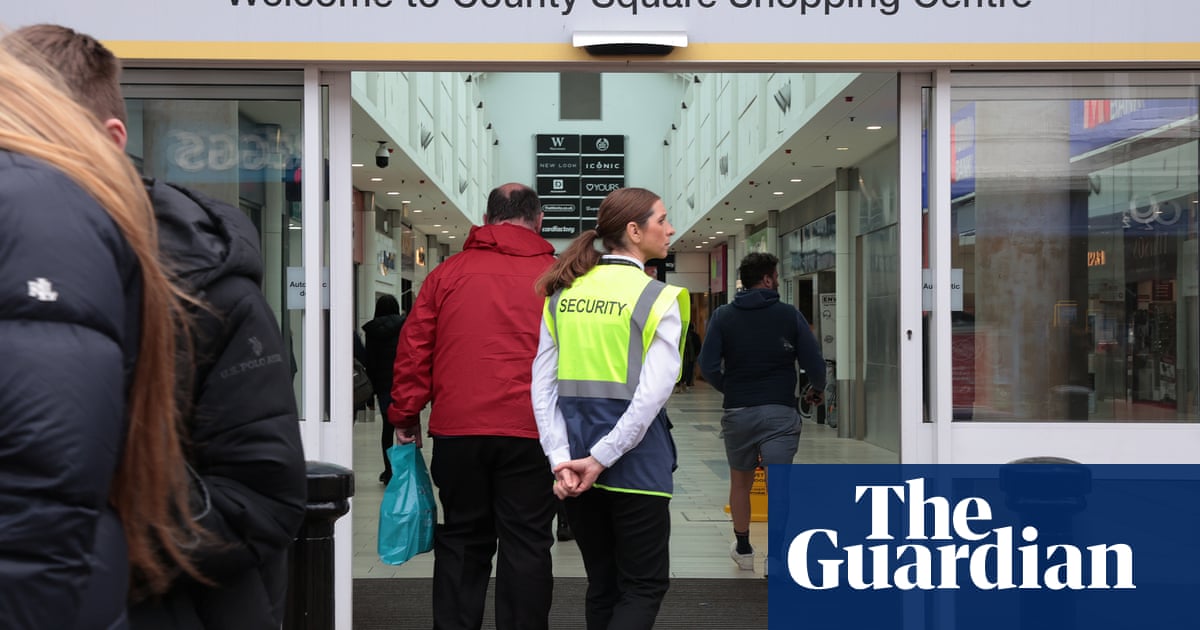
Intu Properties, one of Britain’s biggest shopping centre operators, is seeking standstill agreements from its lenders as it battles for survival after a collapse in rent payments from retailers.
The company, which owns Manchester’s Trafford Centre and Lakeside in Essex, said it was likely to breach its debt commitments at the end of June as the stock market turmoil and downturn in the property market made it impossible to raise new funds.
It is the latest warning from the debt-laden company, which was struggling before the Covid-19 crisis.
Intu’s centres will remain largely closed until at least 1 June, with only essential stores such as supermarkets and pharmacies currently allowed to open under the UK’s coronavirus restrictions. The company has furloughed 60% of staff in its malls and 20% at its head office.
More retailers are expected to open shops again from next month, according to the government plan to reopen the economy, however Intu said that the “speed of recovery once the UK comes out of lockdown” remained unclear.
The company is seeking standstill agreements from its creditors, meaning it would not have to pay back what it has borrowed until the end of 2021. In addition, it is looking for a pay-if-you-can interest agreement, to provide it with some stability until the property market settles. It had previously secured waivers from some lenders to prevent breaches of its debt commitments until 26 June.
Intu said it could not guarantee that its creditors would accept its plans: “There can of course be no certainty as to whether any standstill can be achieved with all or some of the group’s creditors, or as to the terms,” the firm said.
“While the standstill is the primary focus, it is possible that earlier individual breaches, under certain of the group’s financings, could occur over the coming weeks and the group will seek to address such instances as part of the wider discussions.”
Intu, like other retail landlords, has seen a collapse in the amount of rent received from its tenants since the start of the coronavirus crisis, many of whose stores remain closed. The company said at the start of the month it had collected 40% of the rent due by the end of March, up from 29% collected on the due date.
It has also vowed to get tough with large well-capitalised tenants who are refusing to pay their rent. Intu has not ruled out potentially taking legal action for non-payment, although this is temporarily banned by the government.
Even before the pandemic, Intu was struggling because of changes to the retail industry, as shoppers have moved online, and due to its £4.5bn debt pile.
Some of its biggest tenants, so-called “anchors” including House of Fraser and Topshop’s owner, Arcadia, have closed stores or requested rent reductions, while in April Debenhams collapsed into administration for the second time in a year.
In March, Intu was forced to write down the value of its centres by nearly £2bn, as the estimated value of its property portfolio dropped 22% in 2019 to £6.6bn.
“Even before Covid-19 there was speculation that there would be around a 20% average devaluation on some of their assets,” said Jonathan de Mello, a property analyst. “We have seen administrations of retailers because of this crisis, and the loss of anchor stores too, so valuations could be hit substantially more that, and could be potentially 20% or 40% [lower]”.












